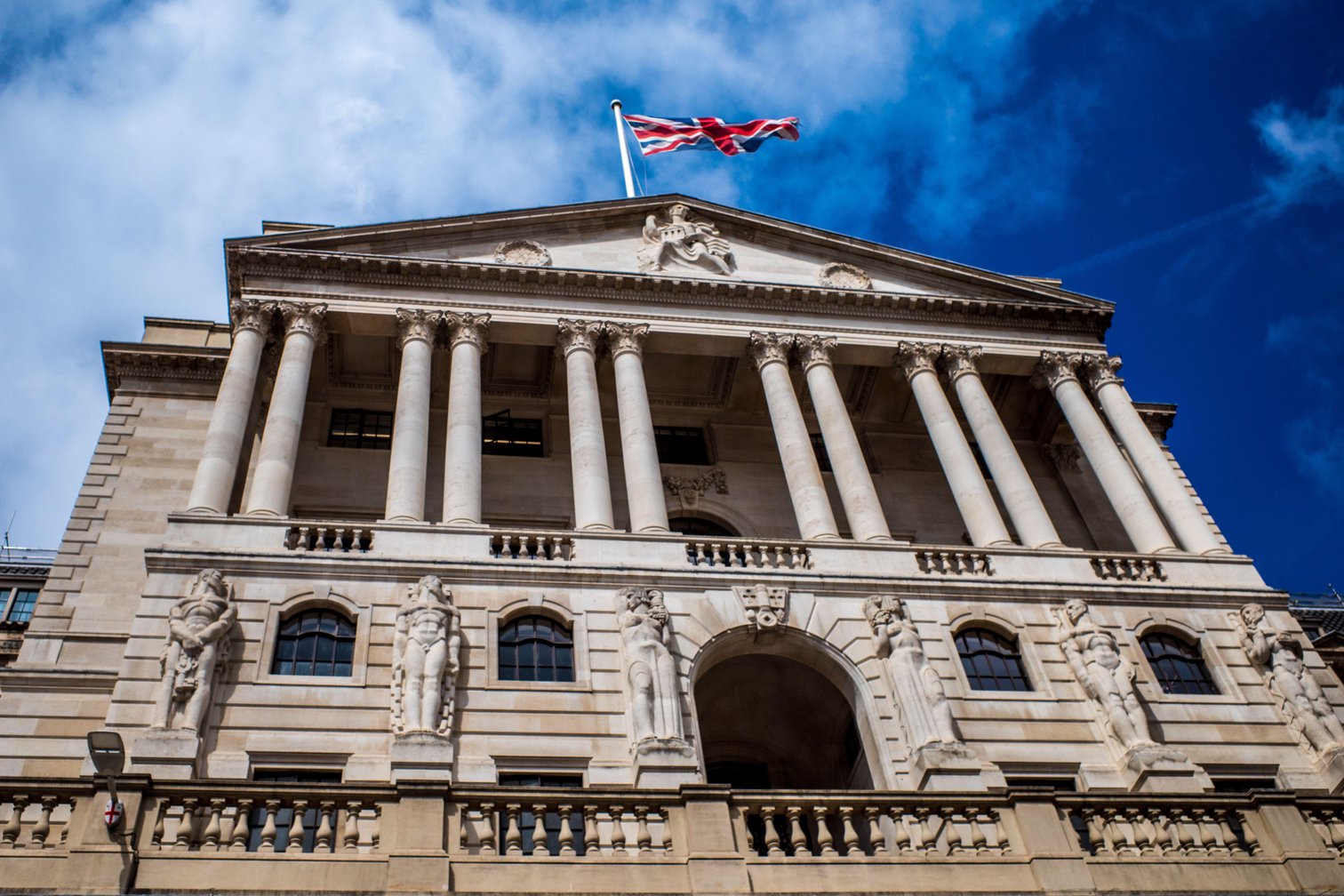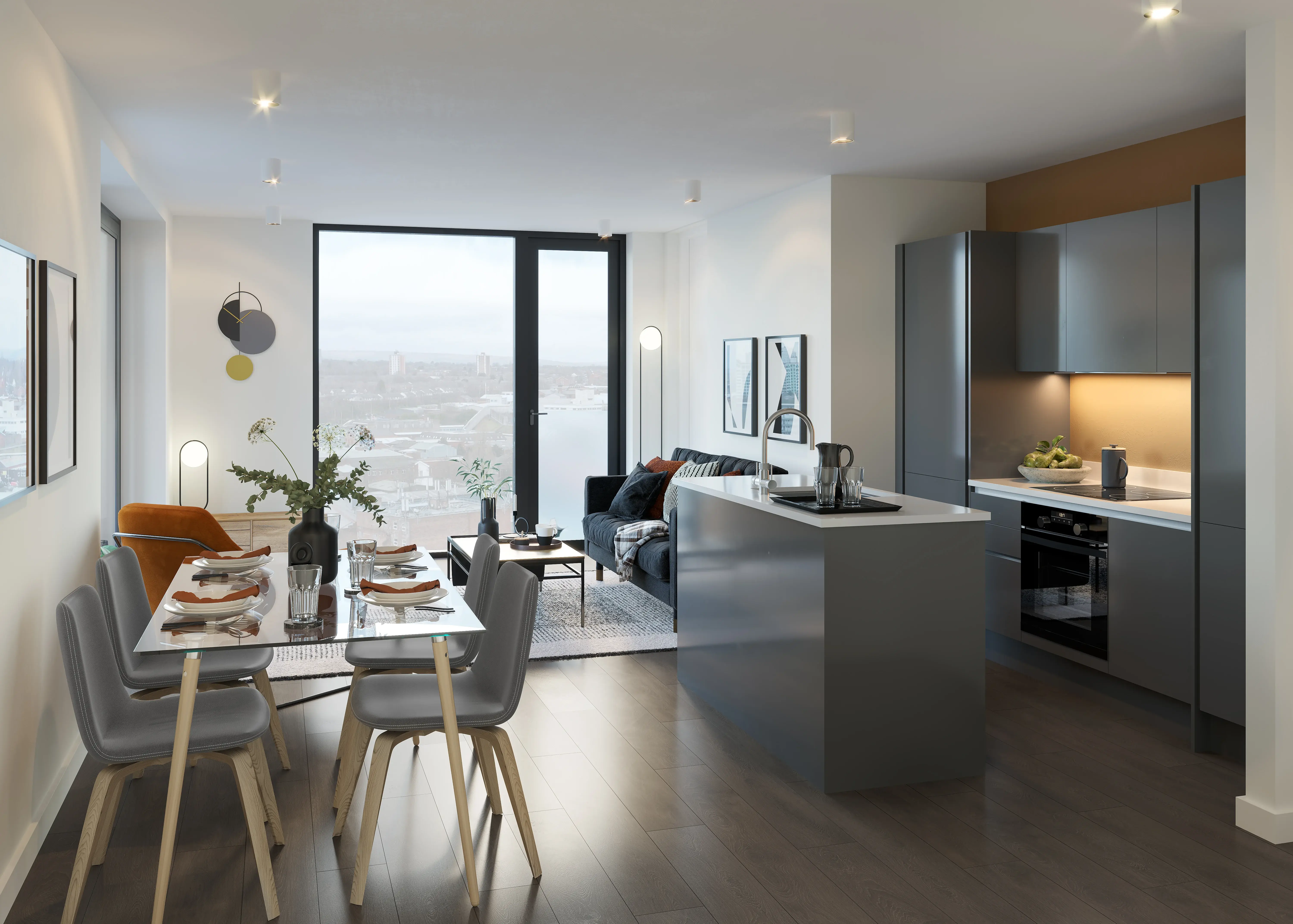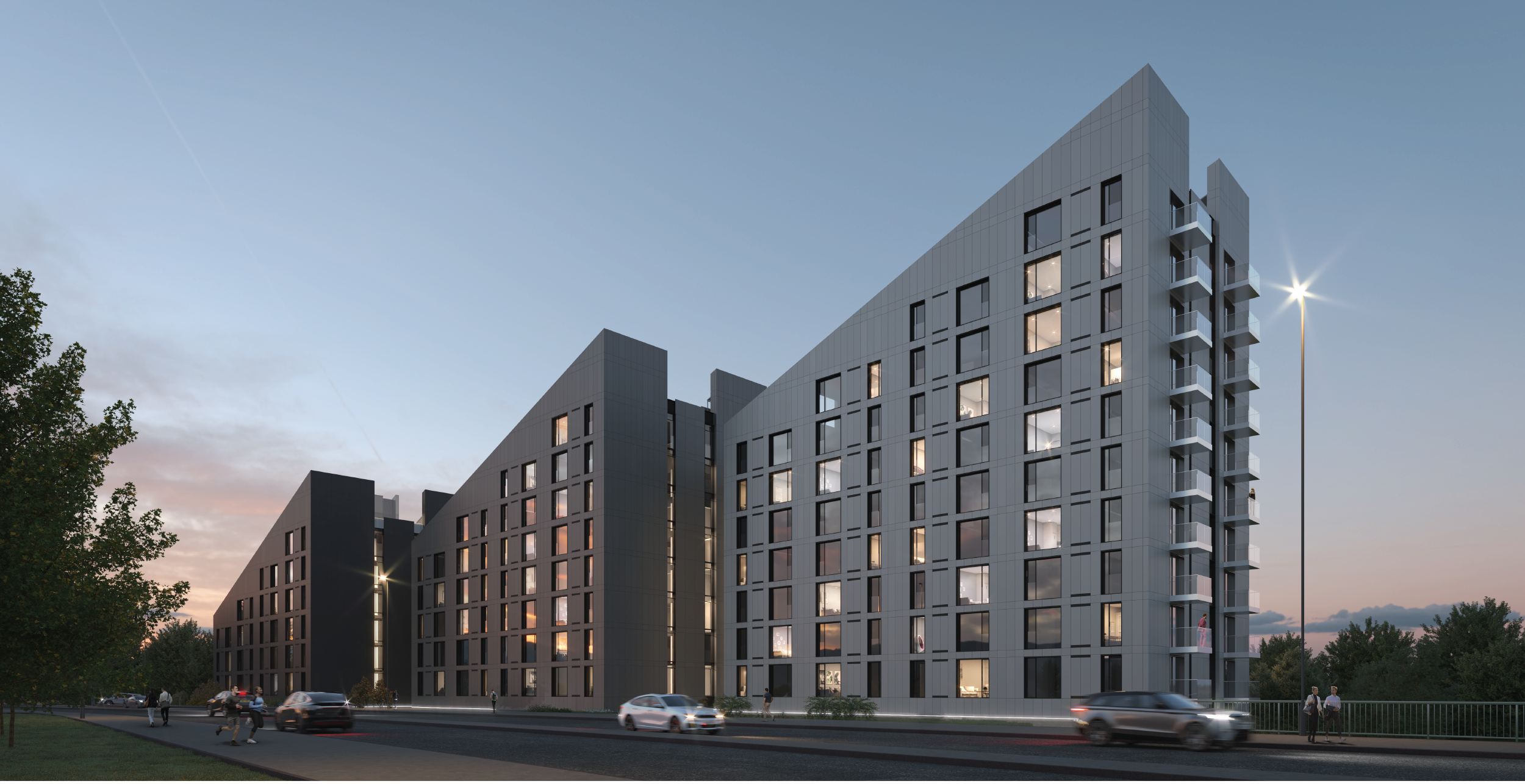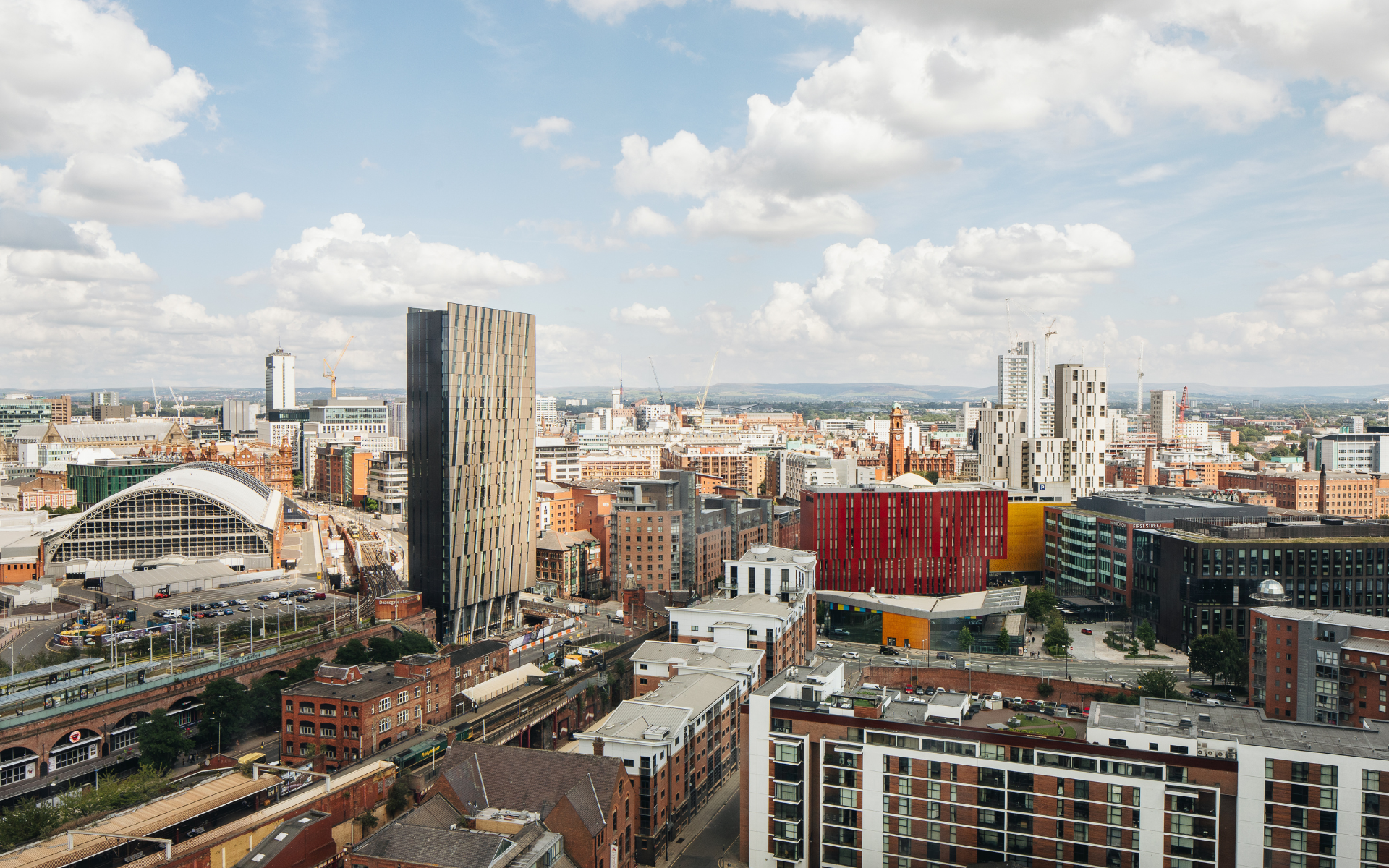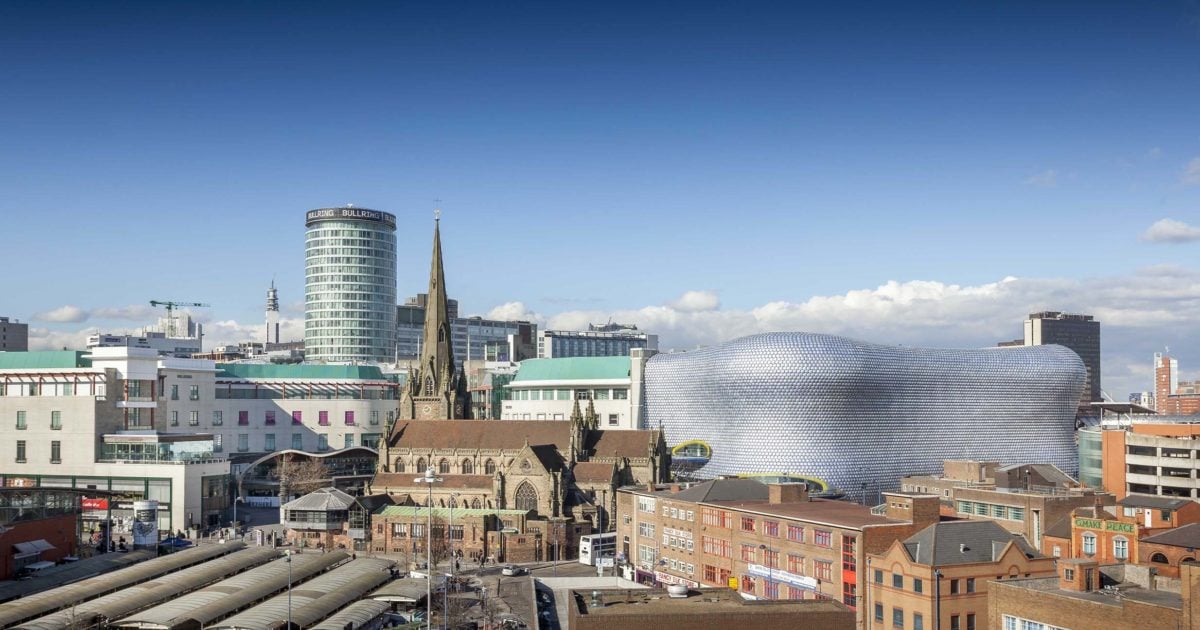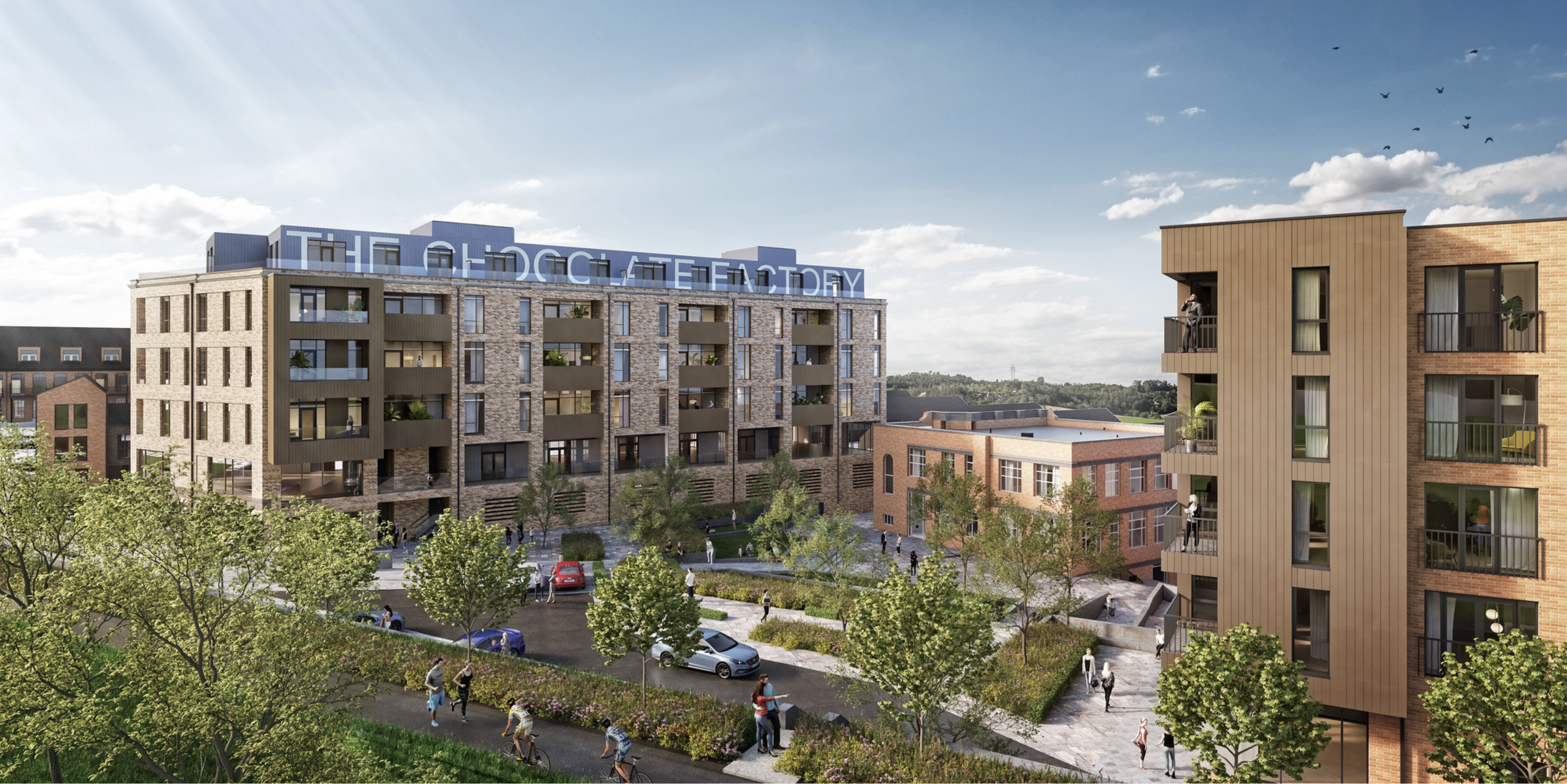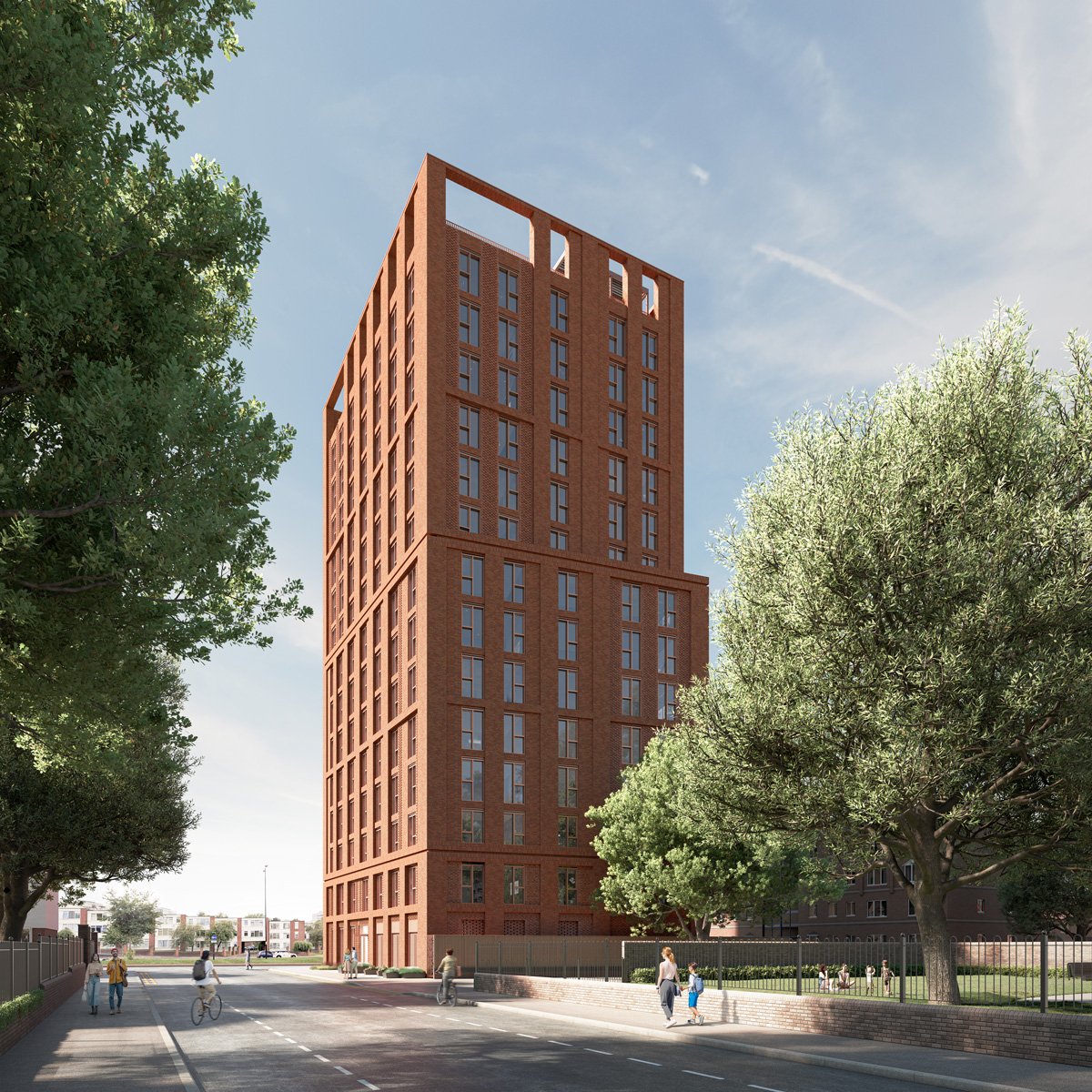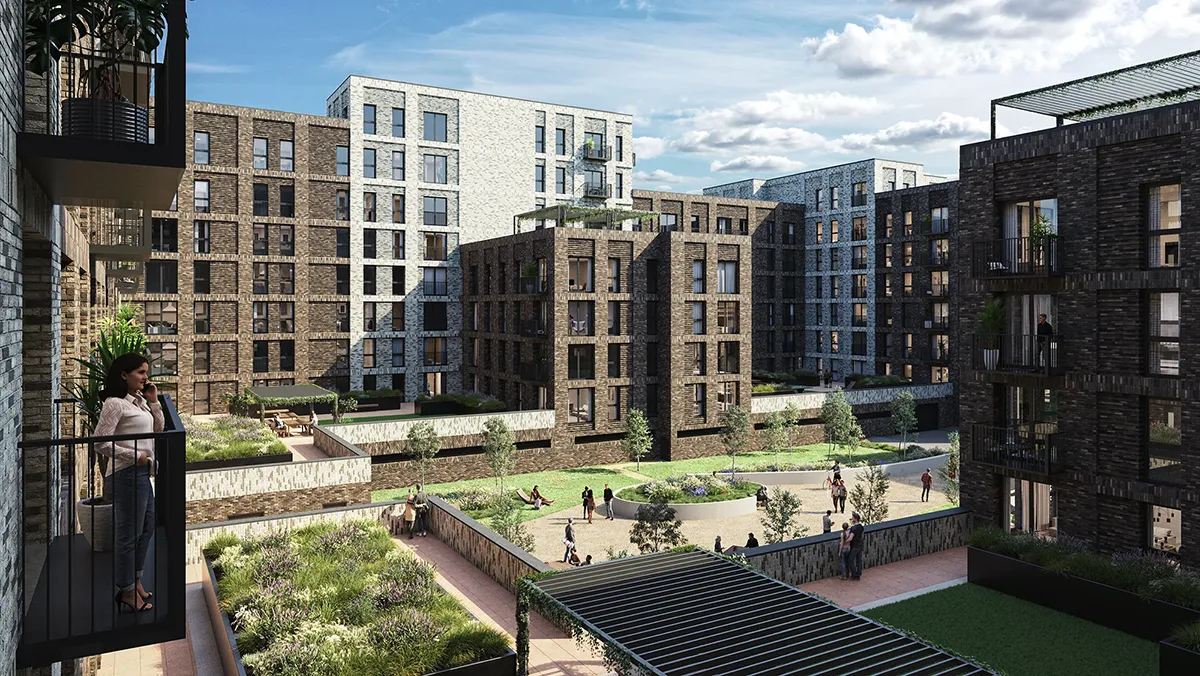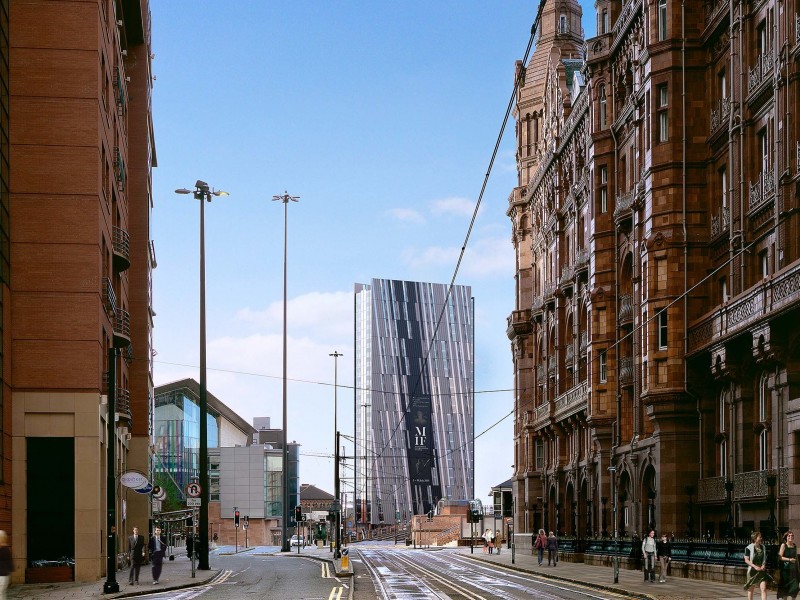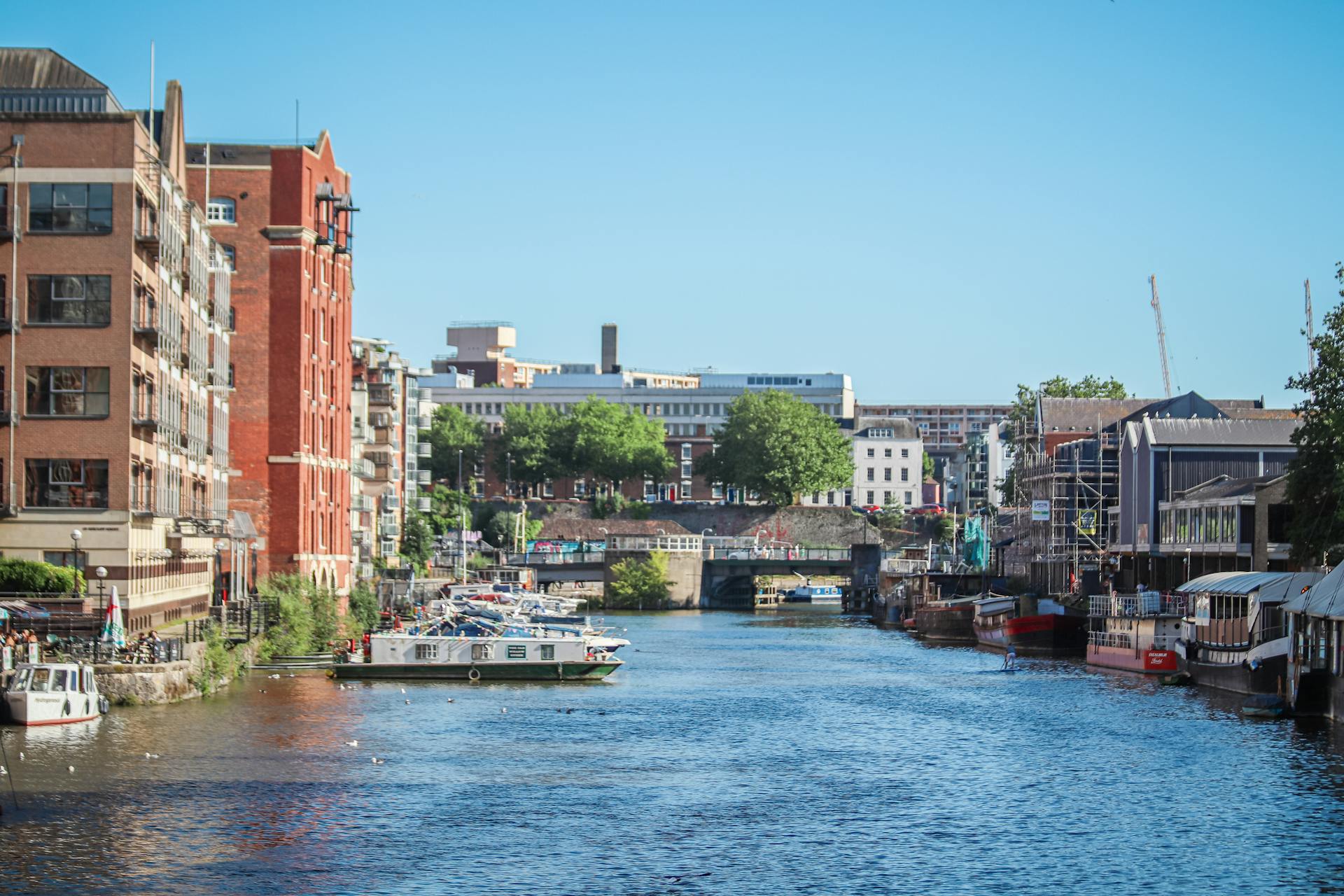Manchester takes on the UK
“This is Manchester. We do things differently here.”
With a few words, Tony Wilson summed it up – Manchester is a live-wire location to experience the very best of British life. From the height of the cotton trade to the revolutionary spirit of the late-80s, this place keeps pushing itself to be more things to more people.
Landlords should take note: Manchester is a prime lifestyle spot, with vast and competitive rental opportunities. As London’s appeal wanes, Manchester is taking its title as the most sought-after city in the UK.
The numbers prove it. Manchester is…
- The top performer for average yields, yield growth and capital gains forecasts across the entire country.
- Experiencing the highest influx of full-time residents; a fact that stems from Manchester’s cultural and professional renaissance.
- Second only to the UK capital for individual earning potential, thanks to a healthy job market.
Follow us as we examine how Manchester stands up against other areas, and what makes it a fantastic investment choice.
Follow us as we examine how Manchester stands up against other areas, and what makes it a fantastic investment choice.
Yields at a glance
Since 2017, Manchester has claimed the highest average rental yields of anywhere else in the country – surpassing even London. In 2018, it stands at 5.4%, with a 5.76% average rental increase in the past year. It is being driven by an influx of development, business partnerships and the growth prospects of the Northern Powerhouse, which look to Manchester as the centre of new transport and industry.
We can compare residential yields for the top 7 UK cities like so:
| City | Yield average |
| Manchester | 5.4% |
| Liverpool | 5.05% |
| Leeds | 4.61% |
| Birmingham | 4.61% |
| Newcastle | 4.41% |
| London | 3.05% |
You’ll notice that London is at the bottom of the table. It actually sits at number 31 on nationwide rankings, at the time of writing. That’s due to oversaturation – the capital has too few affordable homes for too many residents. Manchester, meanwhile, doesn’t have that problem.
Yield forecasts look even stronger when we group them within regional trends up until 2022:
| City | Yield growth |
| North West | 21.6% |
| Yorkshire & Humberside | 20.5% |
| East & West Midlands | 19.3% |
| North East | 17.6% |
| South West | 12.6% |
| London | 4.5% |
Remember that Manchester is the crowning jewel of the North West. As we’ll observe later, it has much economic impetus, driven by the jobs and cultural attractions that make it a great place to live. As a result, it stands to benefit the most from the North West’s five-year yield growth status.
Thirdly, we can turn to rent price increases, which also indicate the level of demand. Such data seems more relevant when we compare it to local property prices, justifying whether an investment is worth the expense.
Let’s examine projected growth for rental prices in the next few years:
| City | Rental price growth |
| Manchester | 5.76% |
| Birmingham | 4.29% |
| Newcastle | 4.18% |
| Liverpool | 2.65% |
| Leeds | 2.47% |
| London | -1.15% |
The results are stark: Manchester is more than a whole percentage point up from its nearest rival, Birmingham. London, meanwhile, is set to be in minus figures as we move into the next decade. That fact is reflected in overseas investment, which dropped from 44% to 35% between 2016 and 2018 for the most prestigious postcodes.
Now, as the next section demonstrates, we’ll come to learn how house prices in London are still at the very top end of UK property. When we add lower yields and rental price growth to the picture, the case is even more assured for rental profitability in the North West, comparatively.
Measuring up to house prices
Manchester, as we’ve seen, does not fall short on rental ROI. We can take this assessment and attribute it to the city’s reasonable property purchase costs. Investors don’t have to pay a huge amount (right now) for each property, and can anticipate the best yields in the country. That makes for a maximal profit, given your resources.
A summary of September 2018’s mean housing prices includes:
| City | House price average |
| London | £484,400 |
| Manchester | £167,800 |
| Leeds | £164,900 |
| Birmingham | £163,500 |
| Newcastle | £129,300 |
| Liverpool | £120,500 |
Liverpool stands at £120,500 but, as we’ve seen, offers a yield that’s almost half a percent less than Manchester.
While it’s true that Mancunian house prices have grown by 7.4% over 2017/18 – the biggest annual growth in the country – it remains within the bounds of affordability. Luxury apartments, meanwhile, can lead to a larger return, because (as we’ll see later) there’s enough economic impetus to fill spaces on the upper end of the market.
Now is the perfect time to invest. Urgency is crucial, because Manchester’s house prices will climb 30% in the next four years, according to This is Money.
Capital gains
Another grade of regional success, from a rental perspective, is how much a property may sell for. Capital gains indicates the level of demand for a particular town or city. Here’s a snapshot of the UK’s current situation, by region, until 2022:
| Location | Projected capital growth for 2022 |
| North West | 16.4% |
| North East | 14.8% |
| East & West Midlands | 14.5% |
| South West | 14.2% |
| London | 13.1% |
| Yorkshire & Humberside | 12.6% |
As you can see, the North West is at the top, according to Knight Frank. If we take a November 2018 buy-to-let (BTL) survey by LendInvest, then Manchester rises to third place for an overall index of investment return. This is in keeping with general increases for BTL gains in the Midlands and North West, whilst the South is experiencing a decline.
We can also forecast how capital may grow, alongside the value of city property, up until 2027:
| City | Projected capital growth for 2027 |
| Manchester | 93% |
| Birmingham | 93% |
| Leeds | 67% |
| Liverpool | 47% |
| London | 24% |
| Newcastle | 9% |
On the whole, such figures suggest that Manchester is king for appreciative sale value, compared to other rental hotspots. Investors who are letting a property won’t have trouble making their money back, and then some. Brexit isn’t an issue here, seemingly. As other corners of the UK hold their breath for what happens in Brussels, Manchester plays by its own rules.
Residents’ growth and earning power
In our final section, we should examine why the location is so good – what do Mancunian renters stand to gain from being in the city?
A sizeable piece of the answer is down to Manchester’s booming economic stats. The region is rich with employment and startup networks, making for a stable ground on which to build a career or set up a new business. 80 out of 100 FTSE companies have a presence in the city. Technology, hospitality, construction and finance court tens of thousands of professionals every year. People can afford to live comfortably. They want the best for themselves and their families. Therefore it’s reasonable to pursue more expensive investments, if desired, for a healthy ROI in areas that experience the top residential demand.
Meanwhile, there’s an assortment of social and cultural features that make Manchester a pleasure to live in, as well as an advantageous place to earn money. The music, restaurant and bar venues scattered around Spinningfields, Deansgate, Ancoats and the Green Quarter are just the beginning. Historic canals run between them, as well as the unique presence of old warehouse buildings, many of which have been converted for business or social use. Major musical artists and sports teams drop in and out of the city unceasingly. The Northern Powerhouse is coming too; we can’t underestimate it. Schemes like the HS2 railway will add £6.6 billion to the North West’s Gross Value Added (GVA). Along with several universities (which have produced amazing graduate retention rates), the Northern Powerhouse is poised to be a magnetic force in the UK as a whole.
Major cities like Tokyo, Berlin and Paris are predicted to fall below Manchester for economic growth by 2020. Meanwhile, average salaries are very respectable, as illustrated by this comparison below.*
| City | Average salaries |
| London | £35,073 |
| Manchester | £26,544 |
| Leeds | £26,077 |
| Birmingham | £25,067 |
| Newcastle | £24,907 |
| Liverpool | £23,826 |
* based on PayScale figures from July 2018
We can also break down the population increases linked to the city, in comparison to trends in the UK. Again, Manchester performs exceedingly well, with a buoyant job market that’s drawing thousands of residents to make their name on the city. Thanks to a leading think tank, Centre for Cities, we’ve gathered the figures for resident increase vs. employment from 2002-2015.
| City | Population increase | Job growth |
| Manchester | 149% | 84% |
| Leeds | 151% | 34% |
| Birmingham | 162% | 30% |
| Liverpool | 181% | 27% |
| Newcastle | 112% | 29% |
| London | 22% | 71% |
At 84%, Manchester’s job prospects outstrip their closest rival on our list (London) by 13%. The good news continues for its startup culture too. The city ranks third on a list of the best places for emergent UK businesses in 2018, narrowly beaten by Newcastle and Birmingham. Much of that is due to its size, the number of co-working spaces, and easy transportation due to the Metrolink and two major train stations. London is just over two hours away. The rest of the North West (such as Leeds, York and Liverpool) can be reached in the same time, or less.
In summary – a bright light in a clouded landscape
With everything we’ve mentioned, it’s hard to deny Manchester’s supremacy in the rental sector. Few other cities come close to it. It is leading the UK’s job market, property growth and rental yield results. Elsewhere, it scores strongly on population expansion and capital gains benefits. There is much to savour for a rental development that knows who it appeals to, and claims an excellent, central location.
We must also consider the state of the UK economy, which is threatened by the Brexit vote. At a period when international investment may, in some corners, be holding its breath, Manchester is thriving. Next to London, it is the second most popular channel of foreign direct investment (FDI), claiming 43% of all projects in the North West. This has impacted not only the number of rental opportunities, but also the employment that comes with them. From 2016-2017, jobs associated with FDI rose from 3,498 to 7,035. Brexit may not be having the same impact as it does in other regions, bucking the trend of the falling pound and cautious FDI agreements.
So let’s round off with a few questions – where are the best development situated? What do they look like? And furthermore, who can help you assess the realities of a portfolio in Manchester?
Many of those answers reside in Enigma, our 52-apartment complex on the bank of the River Irwell. We’ve listened to what residents want, and delivered a beautiful, spacious, luxury community that brings people together.
Contact us for discussion on your stake in Manchester’s rental scene. Where this city stands tall, others falter. We will help you make the most from an investment that doesn’t take such energy, desires and clear outlooks for granted.
Continue Reading
